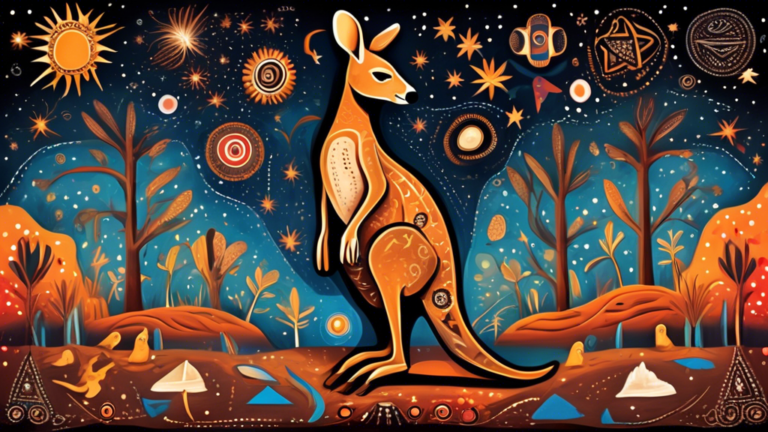Exploring the Symbolic Meanings of Worms
Introduction to the Symbolic Meanings of Worms
Worms, often perceived merely as simple earth-dwelling creatures, carry a wealth of symbolic meanings that vary across different cultures and belief systems. These small, elongated animals are commonly found in soil, decaying organic matter, or fresh water, and play a crucial role in the natural process of decomposition and nutrient cycling. Yet, beyond their ecological importance, worms embody a range of symbolic interpretations that span concepts of renewal, fertility, decay, and healing. In this exploration, we delve into the rich tapestry of meanings associated with worms in various cultural contexts and understand how these interpretations guide human thought and spirituality.
Cultural and Historical Perspectives
Ancient Symbolism and Mythologies
In many ancient cultures, worms were seen as symbols of the earth’s fertility and the cycle of life and death. For instance, in Greek mythology, worms were sometimes associated with the chthonic deities, gods and goddesses belonging to the underworld, which underscores their connection with the processes of decay and regeneration. Such associations are reflective of a deep understanding of nature’s cycles and the role of organisms like worms in sustaining the ecological balance.
Indigenous Beliefs
Among various indigenous groups around the world, worms are often revered as creatures that symbolize the health of the soil and, by extension, the fertility of the earth. In some Native American tribes, worms are respected for their capability to enrich the soil, which makes them a symbol of abundance and growth. The presence of worms in the soil is traditionally viewed as a positive sign of land health and vitality.
Symbolism in Religion
In religious contexts, worms have been seen in both positive and negative lights. In Christianity, for example, references to worms can be found in the Bible where they are sometimes used to symbolize decay and mortality, such as in Isaiah 66:24. Conversely, the humble nature of worms, which work quietly within the earth, can also be seen as a lesson in humility and diligence, virtues that are highly regarded in many religious teachings.
Modern Interpretations
Environmental and Ecological Symbolism
In the contemporary world, the symbolism of worms has expanded to include themes of environmentalism and ecology. As scientists and conservationists highlight the importance of worms in aerating the soil and promoting plant growth, these creatures have become emblematic of a healthy planet. In this context, worms serve as a reminder of our connection to the earth and the need to engage in sustainable practices that support the wellbeing of all life forms.
Psychological and Philosophical Meanings
In psychology and philosophical discussions, worms can represent hidden fears or things that eat away at individuals internally. Carl Jung, for example, might interpret the worm as something emerging from the unconscious that needs to be addressed. Philosophically, worms can provoke thought about the fundamental processes of life and transformation, challenging us to consider our own relationships with the concepts of life and death, decay and renewal.
Conclusion
The symbolic meanings of worms are as varied and dynamic as the creatures themselves. From ancient mythologies that connect them to the underworld, to their modern role as icons of ecological health, worms continue to intrigue and inspire. By understanding the diverse symbols associated with these humble earth-dwellers, we gain insights into not only the natural world but also the complex human cultures that observe and interpret it. Through the lens of symbolism, worms remind us of our intrinsic connection to the earth and the cyclical nature of life itself.
The Symbolic Meaning of Rhinos: Ancient Representations and Modern Associations







